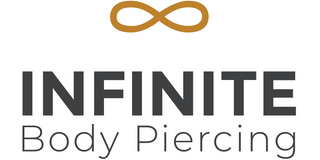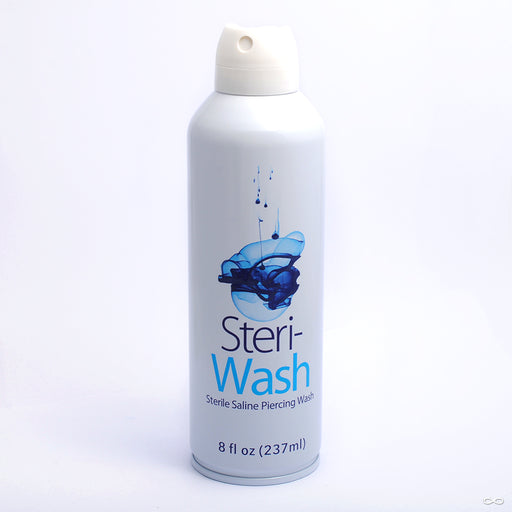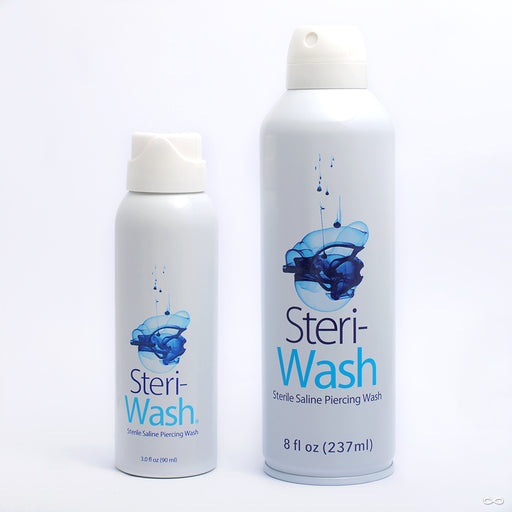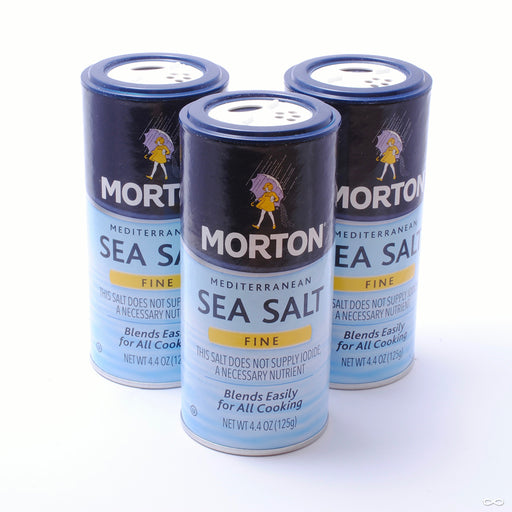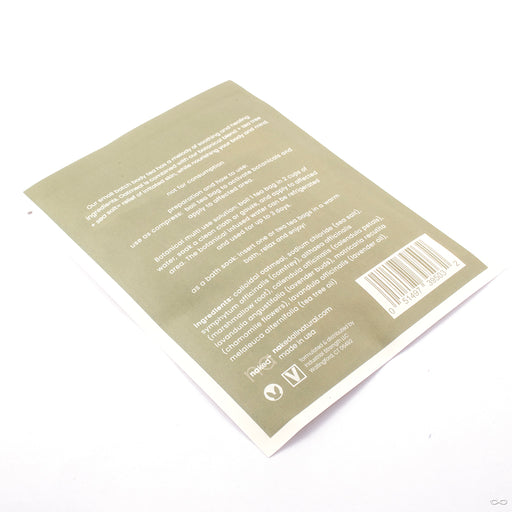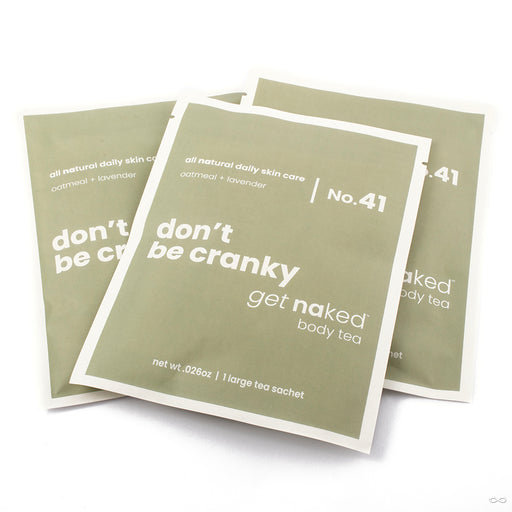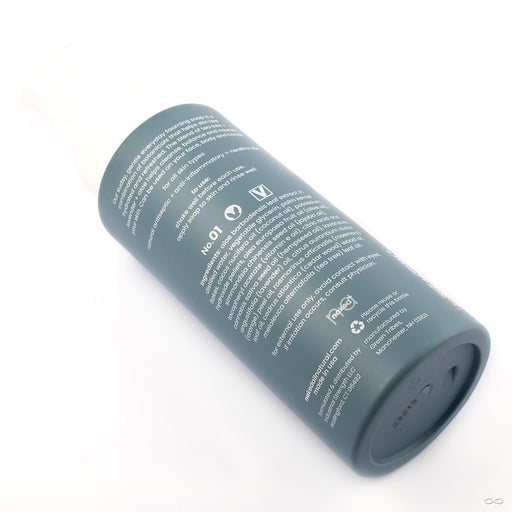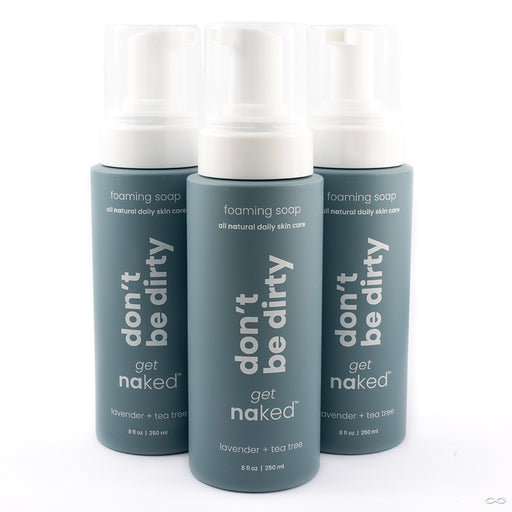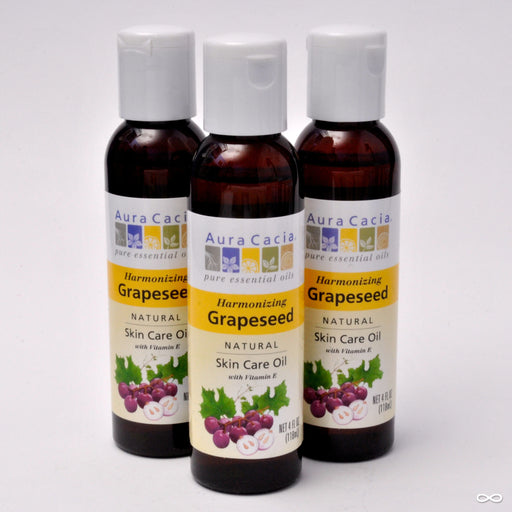My piercing is angry and sore. What can I do?
Piercings often get irritated from our regular habits and routines. Soreness and irritation can build over time and can be difficult to recover from if neglected for too long. What are we doing during that day that is irritating? Is it getting bumped, snagged, caught, slept on, twisted, or touched frequently? Is it constantly getting exposed to irritants at work? What is it about my routine that is affecting healing? The first step toward treating an irritated piercing is figuring out what is making it unhappy.
I’m getting discharge from my piercing.
Discharge is a normal and necessary part of healing a piercing. As your body heals, it will produce exudates (dead cells, lymph fluid, etc) which will be clear to light yellow in color. By contrast, green or blood-streaked fluid, accompanied by heat, is often indicative of infection and should be followed up with a trip to see your doctor.
My piercing is really swollen and my jewelry is sinking into my skin.
This most often happens when the jewelry is not big enough to accommodate the initial swelling that happens after getting pierced. With a new piercing, we use jewelry that has a bit of extra space for swelling, but sometimes the body swells more than we anticipate. Most often this happens in the first week to two after the initial piercing, but can happen later, sometimes even from a flare-up after the piercing is healed.
If this happens, you’ll need to make a trip back to the studio. With press-fit jewelry this usually means getting a new post put in—and you can keep your original front piece.
My piercing has a bump on it.
This is usually caused by the piercing being irritated. It occurs most often on piercings that are more exposed, like nostril and ear cartilage piercings, but can happen with any piercing.
The first step is to try to figure out what is irritating the piercing. For ear cartilage: Is the piercing being slept on? Is it getting constantly hit with a cell phone? Is it irritated by headphones? For nostrils: Is the piercing in a spot where it’s hit with glasses or masks? Is makeup irritating the piercing? Is it the fit of the jewelry, or even the angle of the piercing? Even with the best cleaning regimen, if it keeps getting irritated it’s not going to calm down.
If you need help, visit one of our studios so a piercer can help you troubleshoot possible causes and solutions. Bumps caused by different issues can have different fixes. It may be as simple as a change to your aftercare routine, putting in more appropriately sized jewelry, or in worst cases retiring an impossible-to-heal piercing. Every situation is different, and in-person we can better address your specific needs.
My piercing is infected.
At the first sign of trouble, many clients will jump to the conclusion that their piercing is infected. While it is possible, it’s not as common as some suspect. More often the piercing is simply irritated.
Infections come from exposure to bacteria and other contaminants and can typically be avoided with basic hygiene (and common sense). You will usually know if your piercing becomes infected if the surrounding tissue becomes red, painful, swollen and warm to the touch, or if you get discharge that is dark yellow, greenish, bloody, or has a bad odor. A small, fluid-filled “pimple” will often accompany facial piercing infections—though not all pimples are infections.
Healing piercings will normally secrete a white or pale yellow liquid during healing. This is not a sign of infection. A stinky white substance (sebum) from your oil glands can also collect on your piercings. This is normal too and comes off easily in cleaning. If your discharge is light in color and not accompanied by pain, itching, redness, warmth, or swelling, it is probably healthy.
If you do suspect an infection, do not remove your jewelry. Infections are more easily treated if there is still an opening for antiseptics to enter the wound and for discharge to exit. Without jewelry, the surface of the wound closes over and traps the infection inside, often causing a local surface infection to become a more generalized one. (Plus, you lose your piercing unnecessarily!) Warm salt-water soaks are the best way to keep minor infections from getting worse. These help to draw out discharge, soothe painful tissue, and stimulate your body’s healing mechanisms.
Of course, in the event of an infection you should see your doctor. They can advise you on the best course of treatment. Just keep in mind that your doctor may not be familiar with treating body piercings.
I’m having a reaction to my jewelry.
The jewelry that we use for initial piercings is either ASTM F138 implant-grade steel, ASTM F136 implant-grade titanium, or a nickel-free gold alloy, so it is unlikely to cause a reaction from the material alone. Even when using gold press-fit ends, the part going through the skin is going to be made from titanium. Also, reactions to jewelry materials will show up almost immediately after the piercing, and absolutely within the first few days. Prolonged difficulties healing over several weeks (or months) often have a different cause.
This isn’t to say that it’s not common to react to lower-quality jewelry that is not made from implant-grade materials. If you’re buying jewelry from Amazon or Etsy, chances are it’s not biocompatible material, and more often than not it's some sort of mystery metal. When you’re shopping for cheap jewelry you absolutely get what you pay for.
With a reaction to jewelry, it is most often the nickel content of jewelry that can be the most irritating. Implant-grade stainless steel has a low nickel content and is considered safe for long-term wear in the body—unlike jewelry marketed simply as “surgical steel.” A true nickel allergy will often show up in other ways: irritation when wearing silver necklaces or bracelets, redness from wearing steel-backed watches, or even redness from the rivets in jeans. In cases like these, nickel-free titanium jewelry may be preferred. Even gold jewelry isn’t always the best for piercings. 14k gold is only a little over half gold, and even 18k gold is 25% other metals.
If you think your piercings are angry because of inferior quality materials, get yourself some implant-grade steel or titanium jewelry and you will usually see the issue disappear pretty quickly.
I have a rash around my piercing.
Irritated or red skin around the piercing, and not where the jewelry is in direct contact with the skin, is often the sign of a reaction to cleaning solution. What is the piercing being cleaned with that is upsetting the normal balance of the surrounding skin? Often eliminating harsher cleaning solutions and going to a saline solution or plain-water rinse will clear things up pretty quickly.
Why do I need to come in? Can’t you help me over the phone, or email?
All of our piercers have seen many, many clients over the course of their careers and have developed a toolbox of tips and tricks to help troubleshoot specific problems. Some solutions work well as a general panacea for problematic piercings while other issues require more specialized solutions. In this regard, it’s easiest to follow up with a piercer directly to try and address the problem in person. We don’t require an appointment for troubleshooting so feel free to drop by the studio to see a piercer to address your specific needs.
